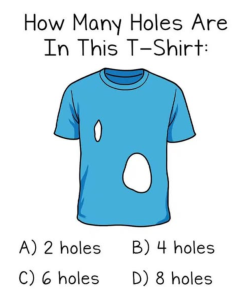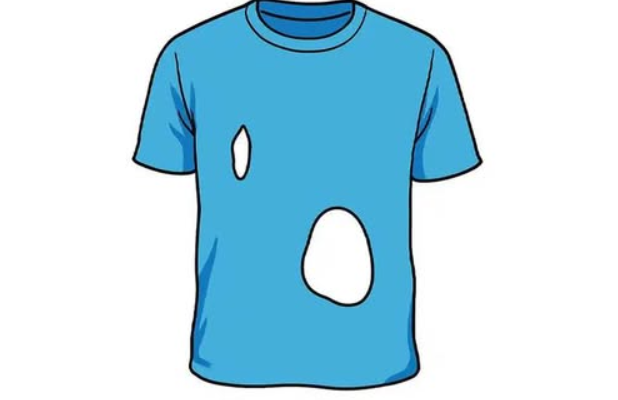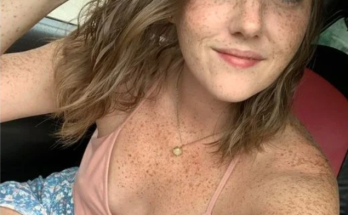“The Shirt with Eight Holes”
It hung in the corner of the attic, limp and forgotten, like a ghost of someone who once mattered. The blue T-shirt, riddled with holes, had no business surviving this long. Yet there it was, draped over a rusted nail, fluttering slightly whenever the wind crept through the broken window.
Jonah hadn’t seen it in years. Not since the fire. Not since the day everything changed.
He was twelve when his sister disappeared. One moment, she was there—laughing, tugging at the hem of that ridiculous blue shirt—and the next, she was gone. No note. No clues. Just the shirt left behind, full of holes and questions.
Now, at twenty-eight, Jonah stood in the attic again, staring at the relic. The shirt hadn’t aged well. The fabric was brittle, the color faded to a dull gray-blue. But the holes—those damned holes—were still there. Eight of them, if he counted carefully.
Two for the sleeves. One for the neck. One for the torso. And four more—ragged, unnatural tears that had no symmetry, no purpose. They looked like wounds.
He reached out, fingers trembling, and touched the fabric. A memory surged forward.
“It’s my lucky shirt,” his sister had said, spinning in circles. “Every hole tells a story.”
Back then, he thought she was just being dramatic. But now, he wondered if she’d been trying to tell him something.
Jonah had spent years chasing shadows. Therapy, police reports, private investigators—none of it brought him closer to the truth. His parents had crumbled under the weight of grief, and the house had become a mausoleum of silence. But the shirt remained. Untouched. Unexplained.
He lifted it off the nail and held it up to the light. The attic dimmed, and for a moment, he swore he saw her—standing in the doorway, wearing the shirt, smiling like she used to.
The illusion vanished, but the feeling lingered.
He turned the shirt over, inspecting each hole. The two sleeve holes were obvious. The neck hole, standard. The bottom hem, where the torso slipped through—fine. But the other four…
One near the heart. One at the lower back. One on the left side. One dead center.
He traced them with his fingers, and each touch sparked a memory.
The heart hole: the day she found out their father was cheating. She’d cried in that shirt, curled up on the couch, whispering secrets Jonah was too young to understand.
The lower back: the time she fell off her bike, scraping herself raw. She’d refused to go to the hospital, insisting the shirt would “heal her.”
The left side: the night she snuck out to meet someone. Jonah had seen her climb out the window, the shirt catching on a nail and tearing. She’d looked back once, eyes wide with something between fear and excitement.
The center: the morning she vanished. The shirt was folded neatly on her bed, the center hole fresh, as if something had pierced it.
Jonah sat down, shirt in hand, and cried for the first time in years.
He hadn’t realized how much he’d buried. How many clues he’d ignored. The shirt wasn’t just a garment—it was a map. A timeline. A confession.
He stood up, driven by something he couldn’t name, and carried the shirt downstairs. His mother was in the kitchen, staring at nothing, as she often did.
“Mom,” he said, voice hoarse. “Do you remember this?”
She blinked, slowly, and her eyes widened. “Where did you find that?”
“In the attic.”
She reached out, touching the fabric like it might burn her. “She wore it the day before…”
“I know.”
They sat in silence, the shirt between them.
“I always hated that thing,” his mother whispered. “It looked like it was falling apart.”
Jonah nodded. “But maybe that’s the point.”
They examined the holes together, and for the first time, they talked. Really talked. About the fights, the secrets, the things they’d never said. The shirt became a bridge—between past and present, grief and healing.
Later that night, Jonah placed the shirt in a shadow box and hung it in the hallway. Not as a memorial, but as a reminder: that even the most broken things can hold meaning.
He never found his sister. Not truly. But in those eight holes, he found pieces of her. And maybe, just maybe, that was enough.

